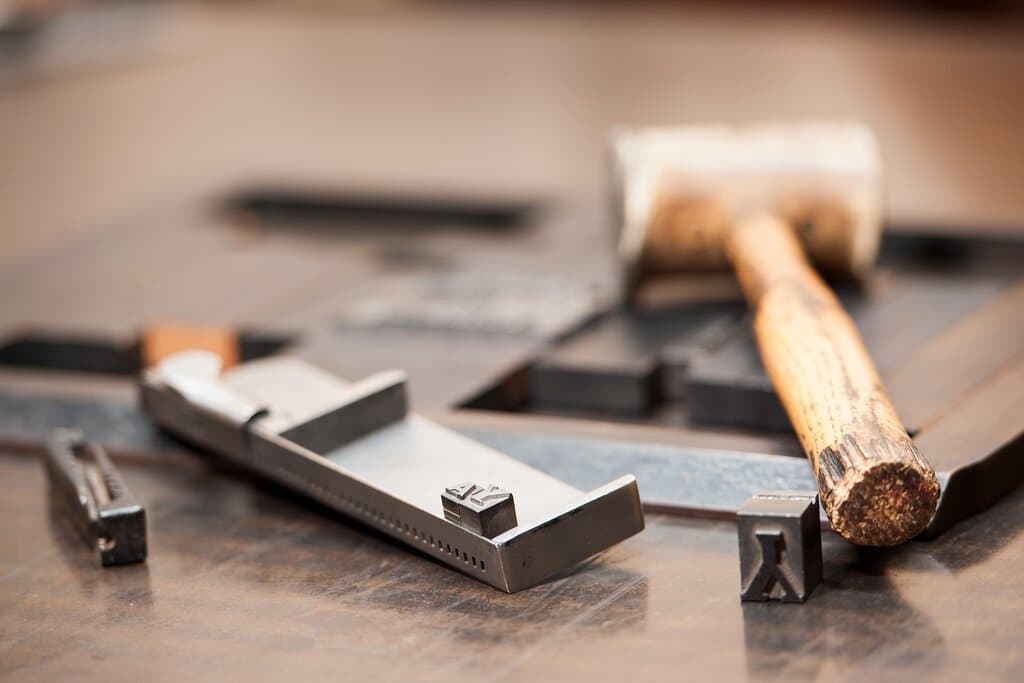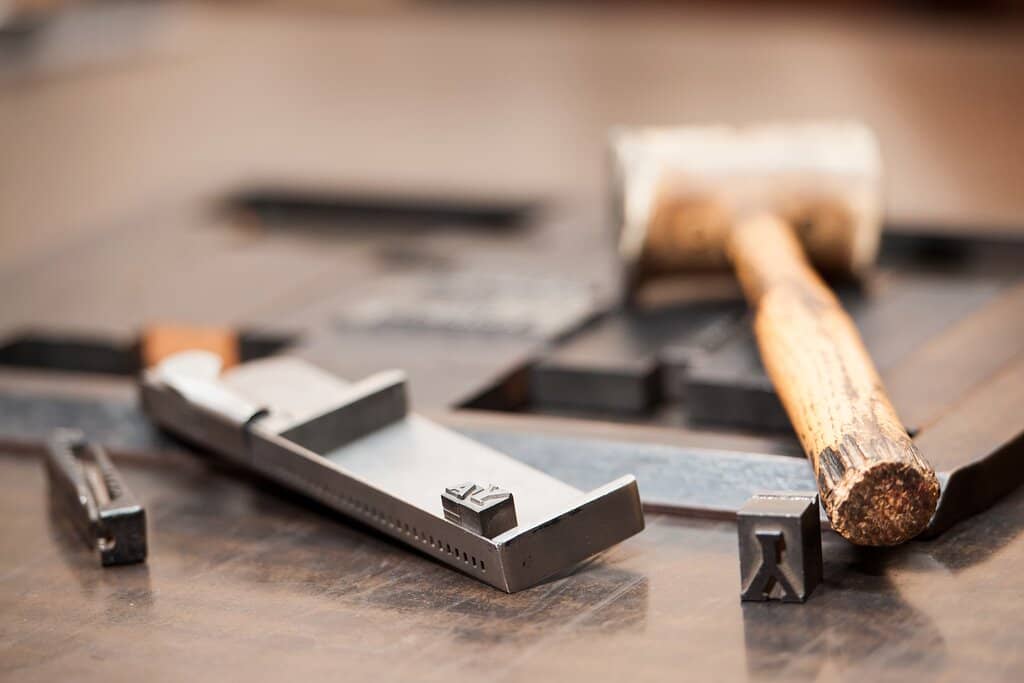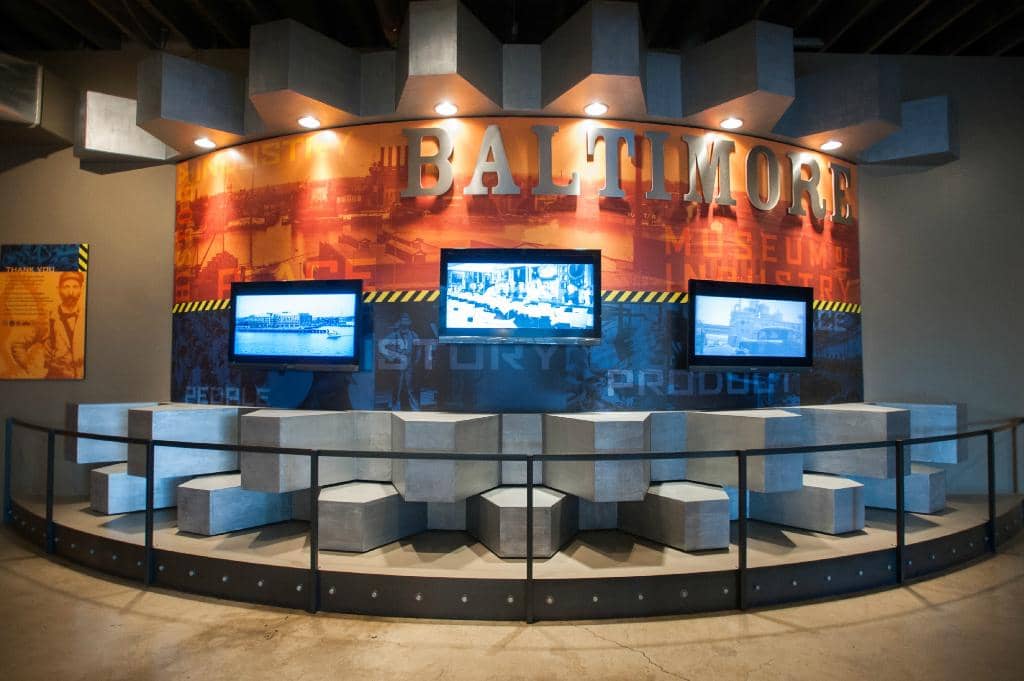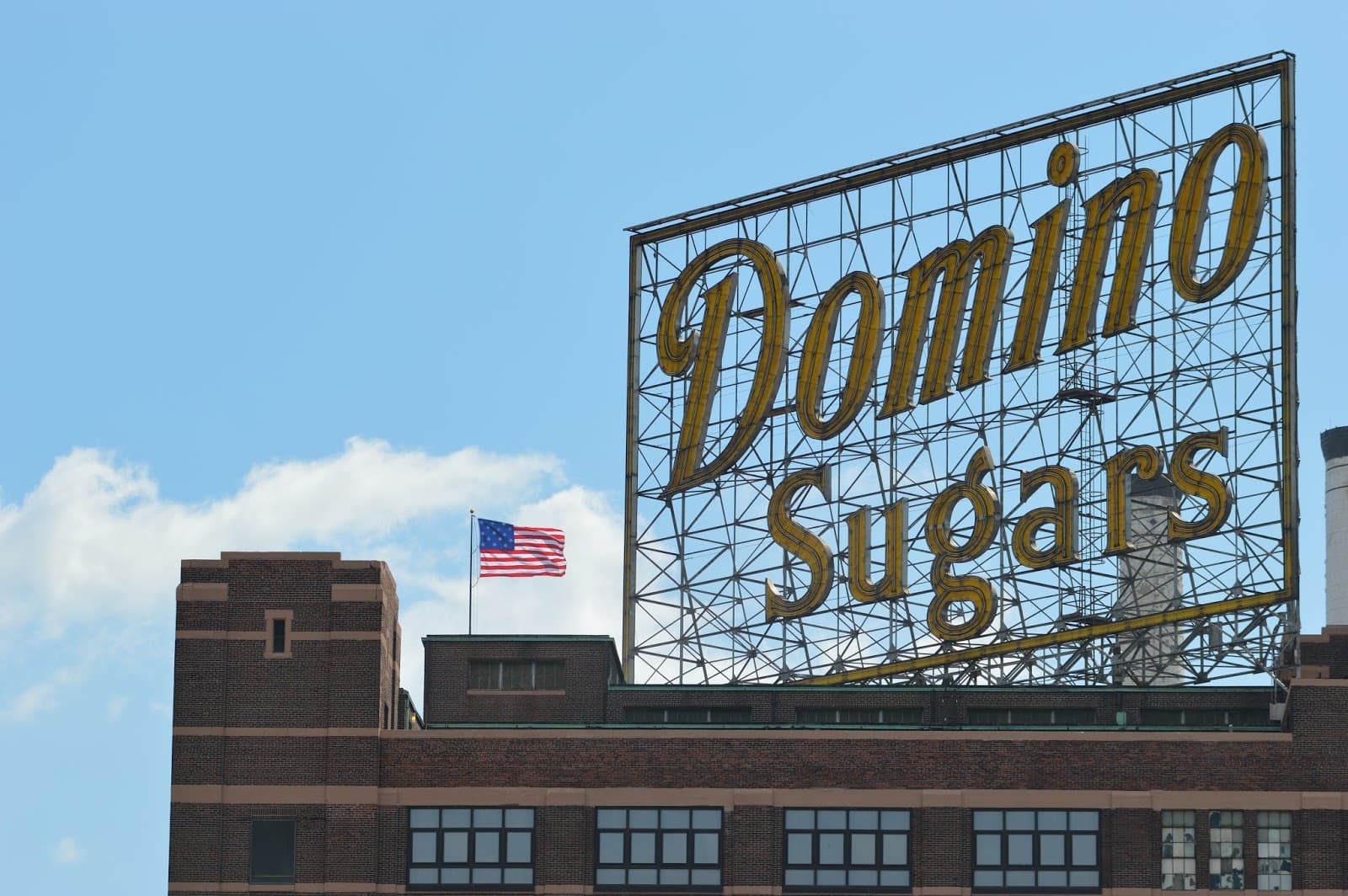
Baltimore Museum of Industry
Discover Baltimore's industrial past through interactive exhibits, historic machinery, and recreated workplaces on the scenic Inner Harbor.

Highlights
Must-see attractions

Social
From TikTok & Reddit
Best Time
Fewer crowds, more space to explore

Baltimore Museum of Industry
Best Time
Fewer crowds, more space to explore

Highlights
Must-see attractions
Discover Baltimore's industrial past through interactive exhibits, historic machinery, and recreated workplaces on the scenic Inner Harbor.
"A hidden gem packed with hands-on exhibits that tell the story of how Baltimore helped build America's workforce."

⏳ Beat the Weekend Rush
Visit on a weekday if possible to enjoy a more relaxed experience with fewer crowds.
🤝 Engage with Staff
The volunteers are incredibly friendly and knowledgeable. Ask them questions!

Highlights
Discover the most iconic attractions and experiences

1865 Oyster Cannery
Historic Cannery Building
Step back in time to experience a recreated 19th-century oyster cannery. See how Baltimore's seafood industry thrived.

Printing & Linotype Machine
Print Shop Exhibit
Witness a working 1930s Linotype machine, a Baltimore invention that revolutionized printing. Fascinating for history buffs!

Garment Factory & Pharmacy
Various Exhibits
Explore recreated historical workplaces, including a functional garment factory and a 1940s pharmacy, offering a glimpse into daily life.

Waterfront Views
Exterior
Enjoy picturesque views of the Baltimore Harbor from the museum's prime Inner Harbor location. Perfect for a scenic break.
Plans like a pro.
Thinks like you
Planning Your Visit
Timing is Key for a Smoother Visit
Embrace the Hands-On Experience
Best Times
Insider Tips
from TikTok, Instagram & Reddit
⏳ Beat the Weekend Rush
Visit on a weekday if possible to enjoy a more relaxed experience with fewer crowds.
🤝 Engage with Staff
The volunteers are incredibly friendly and knowledgeable. Ask them questions!
👟 Comfortable Shoes Recommended
You'll be doing a lot of exploring, so wear comfortable shoes.
📸 Capture the History
Plenty of photo opportunities, especially with the historic machinery and recreated spaces.
Tips
from all over the internet
⏳ Beat the Weekend Rush
Visit on a weekday if possible to enjoy a more relaxed experience with fewer crowds.
🤝 Engage with Staff
The volunteers are incredibly friendly and knowledgeable. Ask them questions!
👟 Comfortable Shoes Recommended
You'll be doing a lot of exploring, so wear comfortable shoes.
📸 Capture the History
Plenty of photo opportunities, especially with the historic machinery and recreated spaces.
👨👩👧👦 Family-Friendly Fun
Lots of hands-on activities make it engaging for kids and adults alike.
What Travellers Say
Reviews Summary
Visitors consistently praise the Baltimore Museum of Industry as a 'hidden gem' offering a surprisingly engaging and authentic look at Baltimore's industrial past. The hands-on exhibits, knowledgeable staff, and waterfront location are frequently highlighted as major positives, making it a great experience for families and history enthusiasts alike.
"What a hidden gem! The Baltimore Museum of Industry was way more interesting than I expected. It’s packed with hands-on exhibits and real artifacts that tell the story of how Baltimore helped build America’s workforce. From old printing presses and garment factory setups to vintage machinery and shipping exhibits, everything feels authentic and well-preserved.
The staff was incredibly friendly and knowledgeable, and the museum layout made it easy to explore different industries at your own pace. I especially loved the recreation of a 1940s pharmacy and the canning exhibit—felt like stepping back in time. They do a great job of making the history personal by including local stories and real-life experiences from Baltimore’s past.
It’s great for both adults and kids, and right on the water with beautiful views. Whether you’re a history buff, love old-school machinery, or just want something unique to do in Baltimore, this place is definitely worth the visit. Would absolutely come back!"
Alejandro moreno
"We visited during a community free admission day, and it was a wonderful visit! Even living here in the city, I find the museum somewhat hard to describe -- it's about industry, yes, but I think I would think about it more like a history museum of Baltimore with a specific slant to it. My personal favorite was the exhibit related to printing; if you visit on a weekend they have a working 1930 linotype machine! (The linotype machine was designed here in Baltimore, and revolutionized the printing process.) The volunteers were so kind about answering so many of our inane questions. I also liked the Domino Sugar sign remnant, which is positioned right in contrast to the current signage in the window, which is fun. The museum complex itself is very cool, too; it's a former oyster cannery but it's got beautiful views right on the waterfront."
Lina Nandy
"The Baltimore Museum of Industry is a hidden gem for history and industry enthusiasts. The exhibits do a fantastic job of bringing Baltimore’s industrial revolution to life, with interactive displays and well-documented historical insights. One of the highlights for me was the 1865 oyster cannery exhibit, which truly made me appreciate the hard work and innovation of the past.
The museum is well-maintained, and the staff is incredibly knowledgeable and passionate about the city’s industrial heritage. The waterfront location adds to the experience, offering beautiful views of the harbor. If you’re in Baltimore and looking for an educational yet engaging experience, I highly recommend visiting!"
Ulvi Ayyamzada
What People Like
What People Dislike
Frequently Asked Questions
🚇 🗺️ Getting There
The Baltimore Museum of Industry is located on Key Highway in Baltimore's Inner Harbor. It's accessible by car, with parking available nearby. Public transportation options, including buses, also serve the area. Many visitors find it a pleasant walk from other Inner Harbor attractions.
While the museum itself may not have a dedicated large parking lot, there are several parking garages and street parking options in the vicinity of the Inner Harbor. It's advisable to check current parking rates and availability before your visit.
Yes, the Baltimore Museum of Industry is situated along the waterfront, making it a walkable distance from many other popular Inner Harbor destinations. Enjoy a scenic stroll along the harbor to reach the museum.
From downtown Baltimore, you can take a short bus ride or enjoy a pleasant walk along the waterfront to reach the Baltimore Museum of Industry. Driving and parking are also options, though can be pricier.
Yes, several bus routes service the Inner Harbor area, providing convenient access to the Baltimore Museum of Industry for those relying on public transportation. Check local transit schedules for the most up-to-date information.
🎫 🎫 Tickets & Entry
The museum's hours can vary, so it's always best to check their official website (thebmi.org) for the most current operating schedule before your visit. They are typically open on weekends and some weekdays.
Admission prices can be found on the museum's official website. They sometimes offer community free admission days, so keep an eye out for those opportunities.
While not always required, booking tickets in advance, especially for weekend visits or during special events, can save you time. Check the museum's website for their ticketing policy.
The museum may offer discounts for seniors, students, or military personnel. Check their website or inquire at the ticket counter for any available promotions or special admission days.
Weekdays, particularly weekday mornings, tend to be less crowded than weekends. If you must visit on a weekend, arriving early can help you experience the exhibits with fewer people.
🎫 🧭 Onsite Experience
Don't miss the recreated 1865 oyster cannery, the working 1930s Linotype machine, the garment factory, and the 1940s pharmacy. The waterfront views are also a highlight.
Absolutely! The museum features many hands-on exhibits and interactive displays that are perfect for children, making it a great family-friendly destination.
Most visitors spend 2-4 hours exploring the museum, depending on their interest level and how much they engage with the interactive exhibits.
The museum often has knowledgeable volunteers on hand who can provide insights and answer questions about the exhibits. Check their schedule for any specific guided tour offerings.
You'll find a wide range of artifacts related to Baltimore's industrial past, including machinery, tools, historical documents, recreated workspaces, and personal stories from workers.
🍽️ 🍽️ Food & Dining
The museum typically does not have a full-service restaurant. However, there are often vending machines or a small cafe for snacks and drinks. It's a good idea to check their website for current offerings.
Yes, the museum is located in the Inner Harbor area, which is packed with a variety of restaurants, cafes, and eateries offering diverse cuisines. You'll have plenty of options within walking distance.
Generally, it's best to consume outside food and beverages in designated areas or before entering the exhibits. Check the museum's policy on outside food and drinks.
The Inner Harbor offers everything from casual seafood spots to fine dining. You can find places serving local Maryland specialties, international cuisine, and quick bites.
Absolutely! The Inner Harbor has numerous family-friendly restaurants that cater to children, offering kid's menus and a more relaxed atmosphere.
📸 📸 Photography
Generally, personal photography is allowed for non-commercial use. However, flash photography might be restricted in certain areas to protect artifacts. Always check for posted signs or ask staff.
The recreated historical settings like the oyster cannery, garment factory, and pharmacy offer great visual appeal. The waterfront views of the harbor are also excellent for photos.
Professional photography or videography usually requires special permission and may incur fees. Contact the museum's administration in advance if you plan to do so.
The interactive exhibits, especially the working machinery like the Linotype machine, and the detailed historical recreations are highly photogenic. The Domino Sugar sign remnant is also a unique photo opportunity.
The lighting varies by exhibit, with some areas being well-lit for general viewing and photography, while others might be more atmospherically lit. Natural light from the waterfront windows can also be beautiful.
For Different Travelers
Tailored advice for your travel style
👨👩👧 Families with Kids
Parents will appreciate the museum's ability to make history accessible and fun. The friendly staff and volunteers are often happy to engage with kids, explaining exhibits in a way they can understand. The waterfront location also offers a pleasant backdrop for a family outing. Plan for at least 2-3 hours to allow children to fully explore and enjoy the interactive displays.
🤓 History Buffs & Enthusiasts
You'll find a wealth of well-preserved artifacts, detailed explanations, and recreated historical environments that provide a comprehensive understanding of the era. The knowledgeable volunteers are a great resource for in-depth information and historical context. The waterfront setting also adds a layer of appreciation for Baltimore's role as a major port city.
🚶♀️ Day-Trippers from DC
Located in the Inner Harbor, it's easily accessible and can be combined with other nearby sights. The museum provides a solid few hours of engaging exploration, showcasing the city's industrial backbone. It's a great way to get a feel for Baltimore's historical significance beyond its more famous landmarks.
Deep Dives
In-depth insights and expert knowledge
Baltimore's Industrial Heartbeat
Key exhibits include a meticulously recreated 1865 oyster cannery, offering a vivid glimpse into the labor-intensive process of preparing seafood for market. You can also explore a working garment factory, complete with period machinery, and a charming 1940s pharmacy. These immersive environments allow visitors to understand the daily routines and challenges faced by Baltimore's workers. The museum also highlights specific Baltimore-born innovations, such as the Linotype machine, which revolutionized the printing industry, and visitors can often see this impressive piece of machinery in action on weekends.
Beyond the machinery and recreations, the museum emphasizes the human stories behind Baltimore's industry. Through personal accounts, photographs, and artifacts, visitors gain an appreciation for the diverse workforce and the impact of industrialization on the community. The waterfront location itself adds to the experience, providing scenic views of the harbor and a constant reminder of the maritime trade that was so crucial to the city's growth. It’s a place where history feels alive and accessible.
Engaging Exhibits for All Ages
Children and adults alike can marvel at the interactive displays that demonstrate how various machines operated. The printing exhibit, featuring the Linotype machine, is a prime example, allowing visitors to see the intricate mechanics at play. The recreated historical settings, such as the oyster cannery and garment factory, also provide opportunities for imaginative play and learning. The museum's layout is designed to be intuitive, allowing families to explore at their own pace and focus on the exhibits that most capture their interest.
Real visitors often highlight how the museum successfully balances educational content with fun. The friendly and knowledgeable staff and volunteers further enhance the experience, often going out of their way to explain exhibits in an engaging manner, especially to children. This combination of interactive elements, historical authenticity, and welcoming staff makes the Baltimore Museum of Industry a highly recommended destination for families looking for an enriching outing.
Community and Cultural Events
Recent exhibitions have focused on themes like the role of neighborhood corner bars in Baltimore's social fabric, exploring their history from 1870-1920. Another notable exhibition honored Henry Webster Phillips, a Baltimore photojournalist whose work captured the essence of ordinary people living extraordinary lives. These exhibitions provide deeper dives into specific cultural narratives and artistic contributions that have shaped the city.
The museum also hosts discussions and events that bring together local voices and perspectives. For instance, the 'Black Voices of Baltimore' event featured a powerful discussion with community reporters, visual storytellers, and the state poet laureate, offering a platform for important conversations about the city's African American heritage and contemporary issues. Such events underscore the museum's role in fostering dialogue and celebrating the rich tapestry of Baltimore's cultural landscape.






Social
from TikTok, Instagram & Reddit